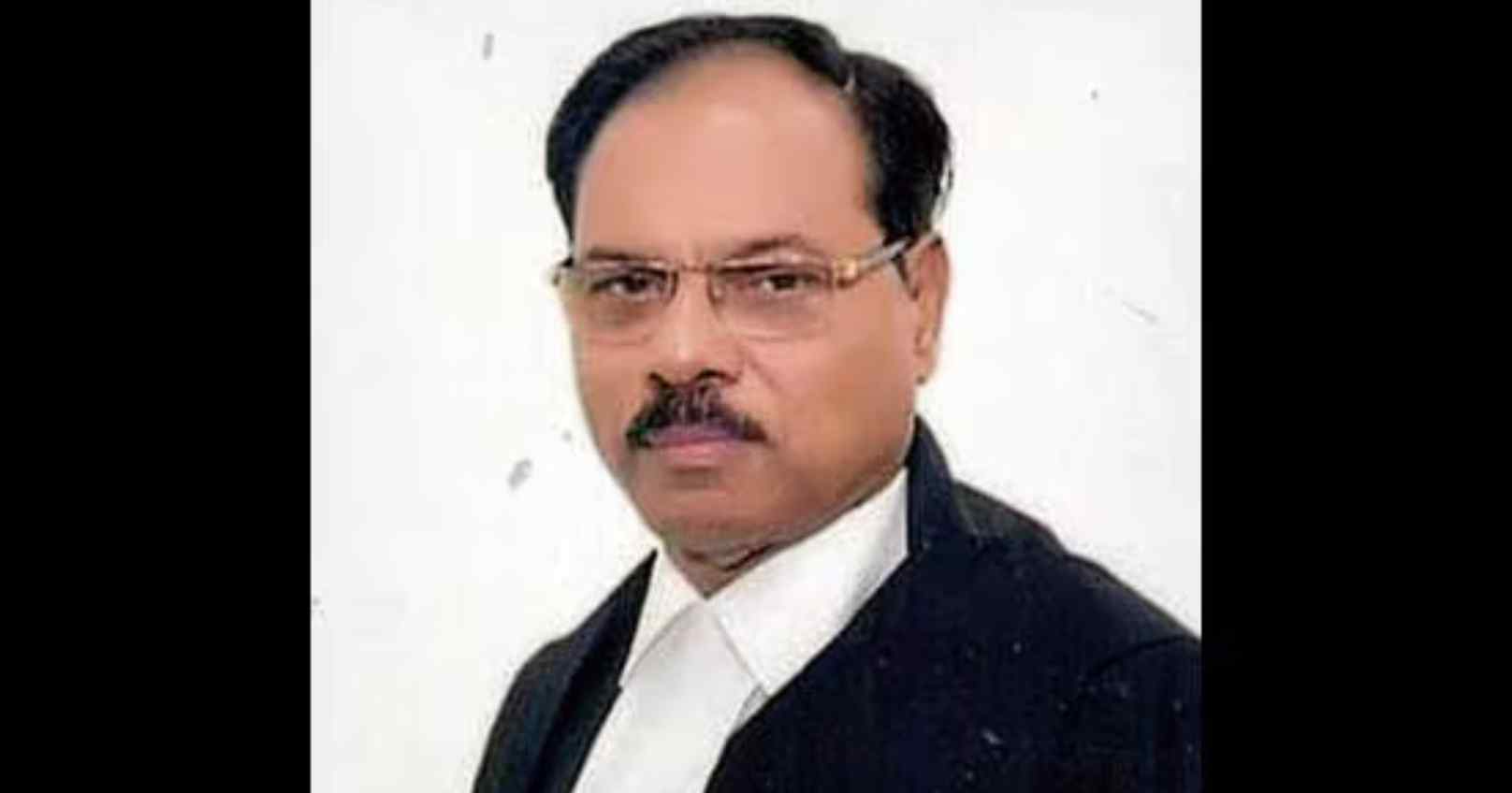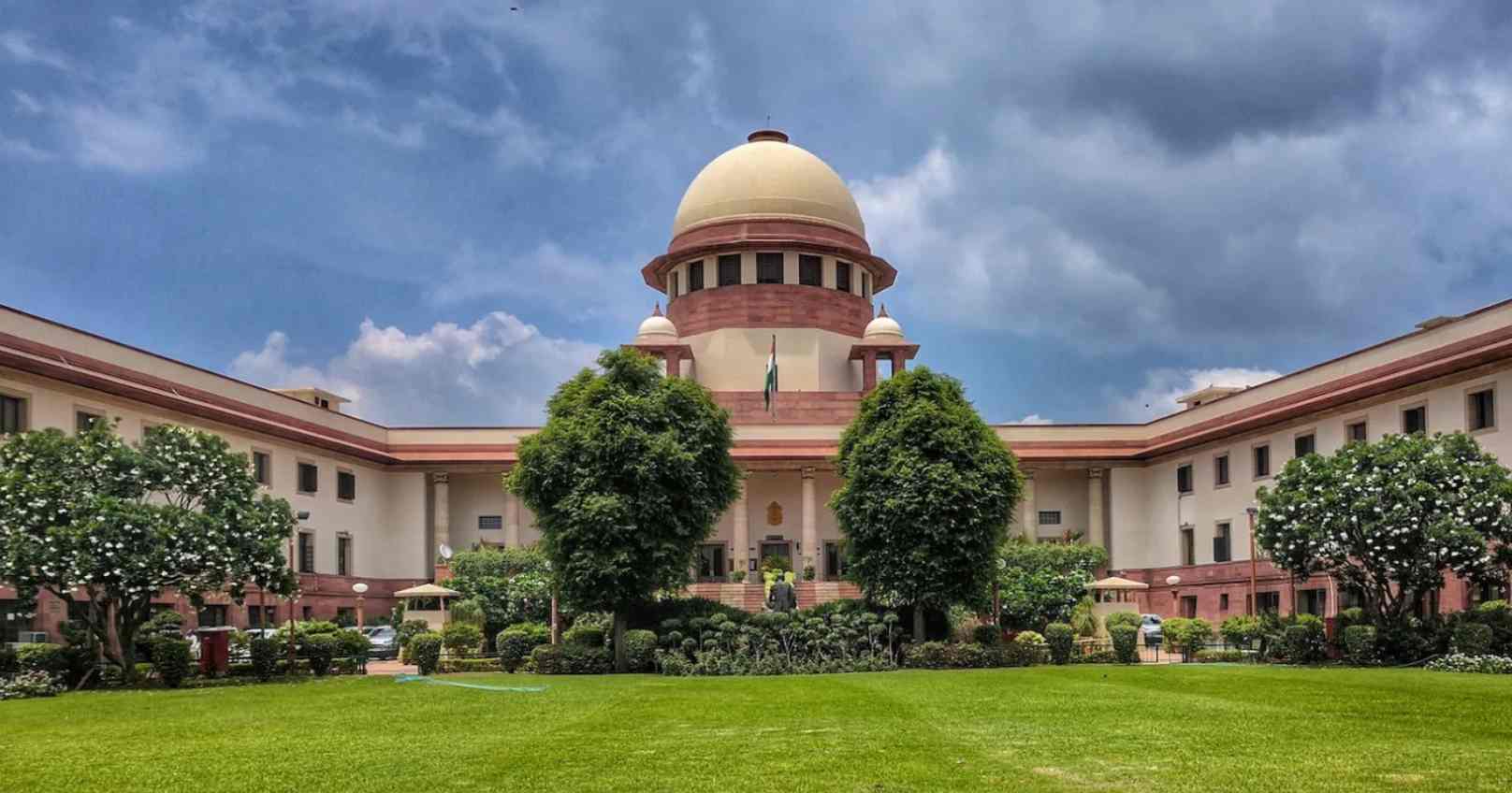The Supreme Court Collegium has summoned Justice Shekhar Kumar Yadav of the Allahabad High Court to explain his controversial statement that the country should operate according to "the majority's wish." The remarks were made during a Vishwa Hindu Parishad (VHP) event in Prayagraj on December 8, sparking widespread criticism.
According to sources, the collegium, led by Chief Justice of India (CJI) Sanjeev Khanna, will convene on December 17, just before the Supreme Court's winter recess, to address the issue. Justice Yadav’s comments reportedly supported the implementation of a Uniform Civil Code and suggested that "the law works according to the majority," asserting that decisions should prioritize the welfare of the majority.
These statements, captured on video and widely shared on social media, drew backlash from legal experts, political leaders, and civil society. Critics have called the remarks divisive and contrary to constitutional principles. In response, the Supreme Court sought a report from the Allahabad High Court on December 10, noting that the matter was under review.
Justice Yadav's remarks have been widely condemned for potentially violating judicial impartiality. Prominent voices like advocate Prashant Bhushan and CPI(M) leader Brinda Karat wrote to Chief Justice Khanna, asserting that the comments breached the judge’s oath to uphold the Constitution without bias. The Bar Association of India also passed a resolution urging the Supreme Court to take strong action, describing the comments as unacceptable for a sitting judge.
The controversy has also escalated to Parliament, where 55 opposition MPs filed a motion in the Rajya Sabha seeking Justice Yadav's impeachment. The motion accuses the judge of engaging in hate speech, incitement, and displaying bias against minorities. It further alleges that Justice Yadav overstepped his judicial role by making political statements in a public forum, which violates the ethical boundaries of the judiciary.
The Supreme Court’s upcoming deliberation is expected to determine the course of action in this high-profile matter.







